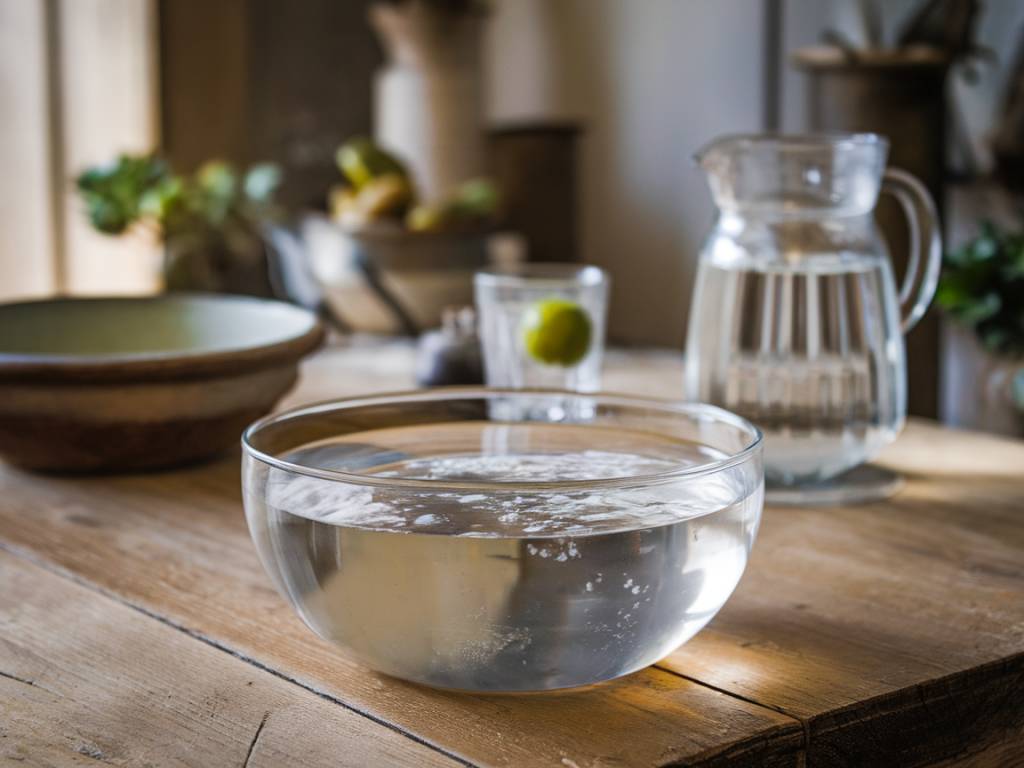Is Your Water Quality Affecting Your Skin?
Have you ever noticed your skin feeling dry, irritated, or unusually sensitive? The culprit might not be your skincare routine, but rather the water you use every day. Water quality plays a crucial role in maintaining healthy skin, and many people overlook the impact of unfiltered water on their complexion. Let’s dive into the connection between water quality and skin conditions to see if your water could be secretly sabotaging your skin.
How Water Impacts Skin Health
Water is an essential part of skincare, from cleansing to hydration. However, the quality of the water you expose your skin to can either support or harm your skin barrier. Hard water, chlorine, and contaminants found in tap water can strip the skin of its natural oils, leading to dryness, irritation, and even inflammatory skin conditions like eczema and acne.
When water contains high levels of minerals or chemicals, it can disrupt the skin’s pH balance. Healthy skin thrives in a slightly acidic environment, but many impurities in tap water shift it towards alkalinity, impacting moisture retention and weakening the skin’s protective barrier. Over time, this can lead to premature aging, increased sensitivity, and persistent skin issues.
Signs Your Water Might Be Harming Your Skin
If you’re experiencing persistent skin concerns that don’t improve with changes in your skincare routine, your water source could be to blame. Here are some common signs that indicate your water might be working against your skin:
- Dry, tight skin after washing: If your skin feels tight or flaky immediately after washing, this could be due to the drying effects of hard water.
- Increased acne breakouts: Impurities in unfiltered water may clog pores, while harsh minerals can contribute to irritation and inflammation.
- Scalp issues or dandruff: Hard water can cause scalp buildup, leading to flakiness, itching, and weakened hair quality.
- Persistently sensitive skin: If you frequently experience redness, itching, or irritation, it could be a sign that the chlorine and other chemicals in your water are too harsh for your skin.
- Premature fine lines and dullness: Hard and chlorinated water can accelerate skin aging by stripping protective lipids, leaving skin more prone to wrinkles and lacking a natural glow.
The Role of Hard Water in Skin Conditions
Hard water, which contains high concentrations of calcium and magnesium, is one of the main offenders when it comes to skin damage. These minerals form a residue on the skin, making it harder for soaps and cleansers to rinse away properly. This residue can block pores, worsen conditions like acne, and even exacerbate eczema symptoms.
Additionally, hard water weakens the skin’s natural moisture barrier. When the barrier function is compromised, the skin becomes more vulnerable to environmental aggressors, bacteria, and dehydration. Many people living in areas with hard water report needing to use more moisturizer and still struggle with dry, irritated skin.
Chlorine and Its Impact on Skin Health
Chlorine, a common disinfectant used in municipal water supplies, is another factor that can negatively affect skin health. While chlorine is necessary for ensuring safe drinking water, it can strip essential natural oils from the skin, leaving it dry and irritated. Over time, continuous exposure to chlorinated water may weaken the skin’s elasticity, making it more prone to aging.
People with sensitive skin or pre-existing conditions like eczema often find that chlorine exacerbates their symptoms. If you notice your skin feeling itchy or overly dry after showering, excessive chlorine exposure could be the reason.
Other Contaminants That Might Be Affecting Your Skin
Beyond hard water and chlorine, other contaminants in tap water can negatively impact your skin, including:
- Heavy metals (lead, mercury, arsenic): These toxins can cause oxidative stress and inflammation, potentially leading to skin conditions such as rashes and discoloration.
- Pesticides & chemicals: Agricultural runoff and chemical residues in water can disrupt hormones and contribute to skin breakouts or irritation.
- Bacteria & pathogens: Poorly filtered water may contain bacteria that aggravate acne or other skin infections.
While municipal water treatment removes many harmful substances, traces of these contaminants can still remain in tap water, contributing to chronic skin issues.
How to Protect Your Skin from Poor Water Quality
If you suspect that your water quality is affecting your skin, there are several simple steps you can take to protect and nourish your skin:
- Use a water filter: Investing in a high-quality water filtration system can remove many impurities, including chlorine, heavy metals, and excess minerals.
- Install a shower filter: A showerhead filter specifically designed to reduce chlorine and heavy metals can make a significant difference in your skin and hair health.
- Moisturize immediately after washing: Applying a hydrating moisturizer while your skin is still damp helps trap moisture and counteract drying effects from hard water.
- Choose gentle, pH-balanced skincare products: Cleansers and moisturizers formulated to maintain skin integrity can help reduce irritation caused by unfiltered water.
- Use distilled or filtered water for face rinsing: If your water is particularly harsh, consider rinsing your face with filtered or bottled water.
- Test your home water quality: A simple water testing kit can help determine which specific contaminants may be affecting your skin.
A Small Change for Healthier Skin
Many of us focus on skincare products to fix skin problems, but often, the cause goes deeper—right to the water we use daily. By ensuring your water is free from harmful contaminants and harsh minerals, you can support your skin’s natural balance and maintain a healthier, more radiant complexion. Making small changes, such as filtering your shower and tap water, could be the missing link in your skincare routine.
